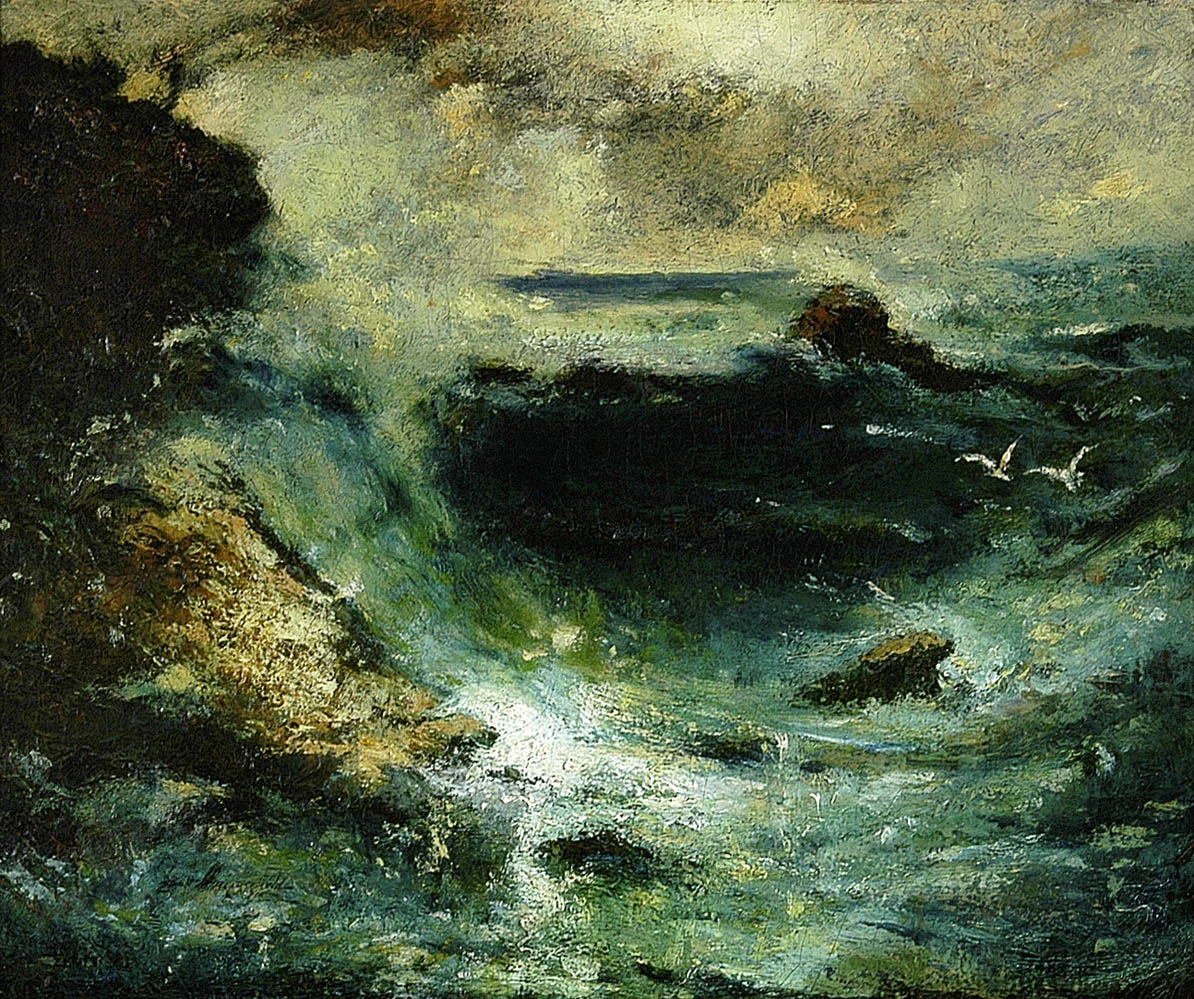PROFESSIONAL MOURNERS - Tyler McCabe
One of my wisest friends, Dyana, who’s also a writer I deeply admire, suggested to me once that the US could benefit from a national day of mourning. We could frame it like a memorial day for the afflicted, the survivors, the perpetually marginalized, and the dearly departed. Or we could frame it like a timeout from a scolding mother—in essence, a day to stop and think about what you’ve done.
There is a lot to mourn. I don’t think I need to tell you. For me, I am mourning that some close friends just lost their pregnancy, and another friend is moving out of the city, and yet another was dropped from the running for a dream job; and an enormous hurricane just hit our neighbors; and trans leaders in our military are being insulted and denied the right to exercise important freedoms; and our president just shamelessly pardoned a man who has acted with such callousness that the pardon is likely to reinforce not only the dehumanization he meted out to others, but his own broken self.
Dyana explains that we need something more than an escape from these realities. We need a better response than self-care. I want to know how to mourn as the active expression of anger and sadness. In this sense, mourning sits opposite from passive despair. Mourning is muscular.
The book I’m turning to for guidance is Ways of Dying by Zakes Mda, celebrated South African novelist and playwright. This novel is centered on Toloki, a “professional mourner” who appears at funerals throughout a metropolitan area, unbeckoned by the grieving families, and offers his services—to mourn, to stand in the crowd and engage in the art of expressing grief, anger, and injustice fully, vocally, and loudly. He embodies it. In fact, it’s during a description of his smelly, tattered suit that the reader first begins to understand he lives on the margins of society. It’s from those margins that he identifies a deep and abiding need for proper mourning.
The novel is often narrated from the point of view of a “we,” the collective voices of onlookers that function as a Greek chorus. They continuously disapprove of his actions—the crying, the stinking, the showing-up, the reminder that things are not as they should be. They advise him to wash, to get a job, to pay exorbitant fees to the violent men who will burn down his house if he refuses to bribe them. The onlookers narrate the story while rarely comprehending what Toloki is doing. But over the course of the book, I come to understand: he is “amazed at [those]…surrounded by all the contraptions that speak of how close to the door of death [they] lie. Yet all [they] can think of is how rich [they are] going to be.” He is a professional mourner: he mourns for his nation each time he refuses to indulge niceties or traditions that cause pain, each time he embodies the stink of death and injustice, and each time he refuses injustice to become normalized.
I’m keeping in mind that Toloki has no illusions about his profession, how it contains a seed of futility. Mourning does not undo past evils. Mourning does not even guarantee a better future. Mourning doesn’t make enduring change or disappointment much easier, or restore a disaster area, or rewrite bad laws.
Mourning is maybe, instead, like prayer. It happens in the body. It has the effect of returning one to sanity, and knitting people together. Toloki says, “Tomorrow I must find a funeral. My body needs to mourn.”
Dyana taught me a way of thinking about processing feelings in terms of alignment—asking yourself, are your emotions aligned with reality? Are they proportionate? In the US right now, a particularly distressing series of events could make you feel crazy, as if there is either no proportionate response or that the response you want to make will take up too much space—perhaps your friends and family will worry about you, advise you to take a few more self-care days. But mourning is a proportionate expression, a proper response to injustice. It is definitely not the only or final response, but a necessary one.
What that actually looks like—it could be a lot of things. But it is physical. It has a taste, a smell, the weight of a fist hitting a bag, the sound of cloth tearing. And it is temporal, it takes time.
At one point, Toloki tries to teach the sound of mourning to a friend, but during the lesson they both start laughing. When she apologizes, he insists that mourning is like laughing. He says, “Some memories are happy. Others are sad. But there is no bitterness in either of them.” It’s almost as if mourning, like laughter, has the effect of returning one to the present, but lighter. I think he means that mourning is a form of healing, possibly one that prepares the way for things to come.
I think he means it’s easy. I think he means we could do it every day.
Tyler McCabe’s writing has most recently appeared in The Other Journal and at The Toast. He tweets @tylermccabe.




